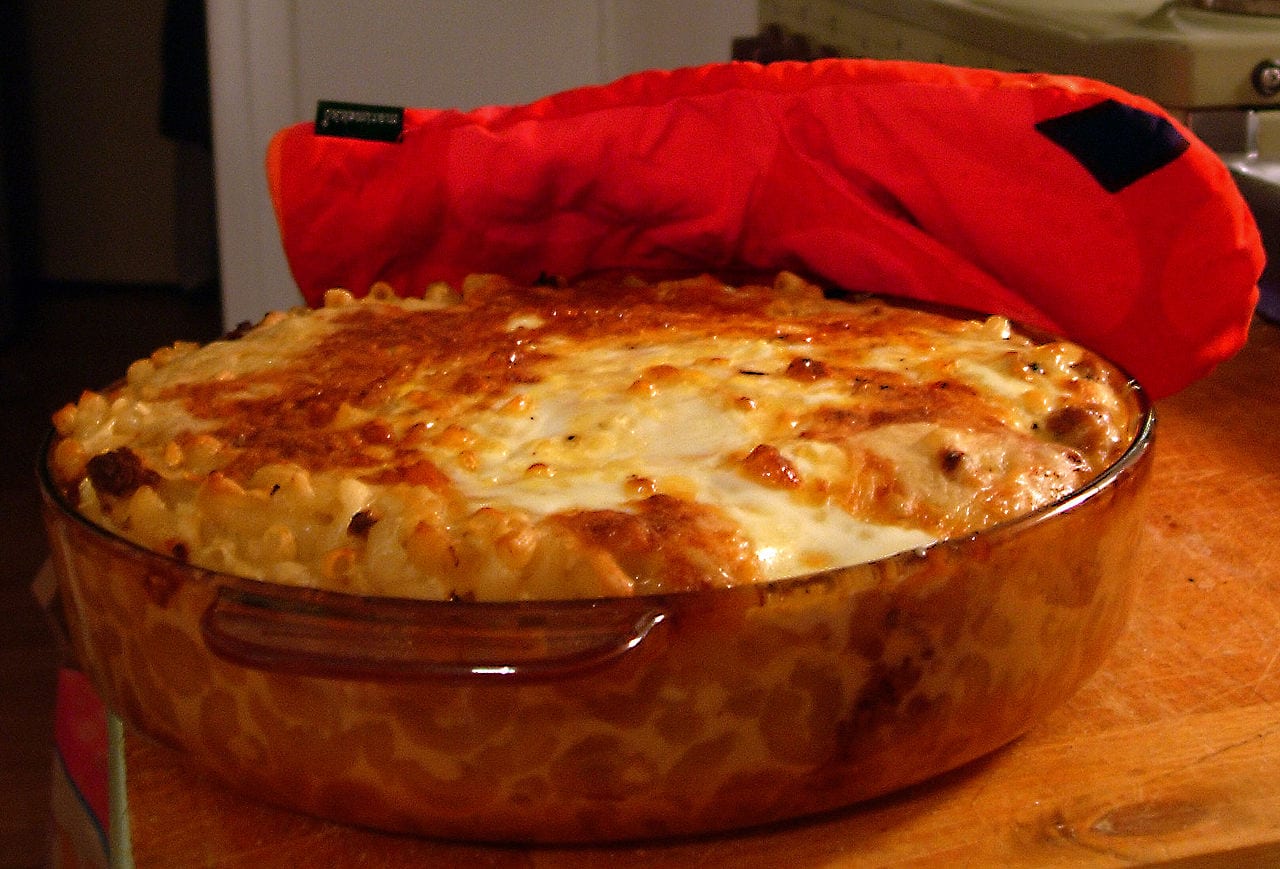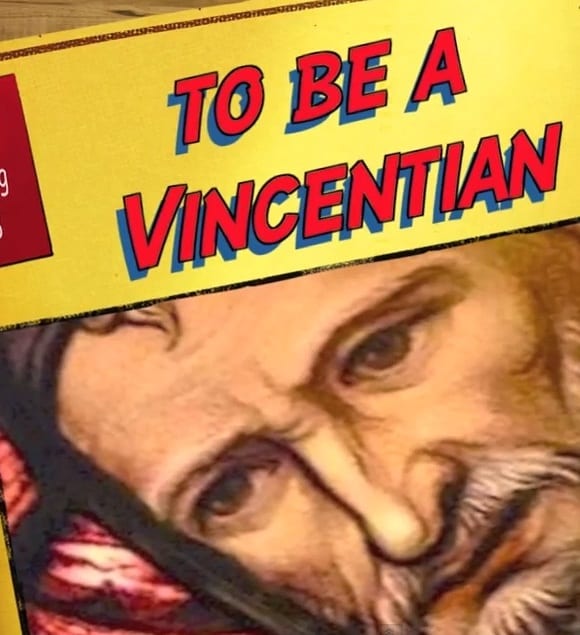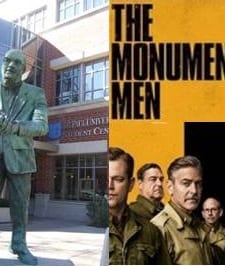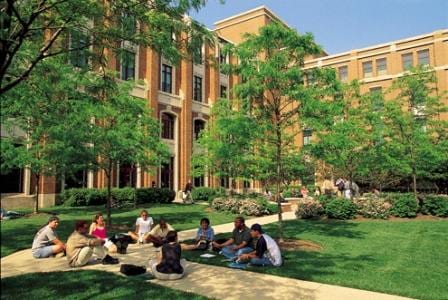 Working at DePaul University I’ve learned a lot about St. Vincent DePaul the charity saint. While many others were doing good works during his time, Vincent was the first to organize charity in a systemic way. One of the first places he experimented with this was at a parish in Chatillon, France. He recognized that parishioners would respond when there was a neighbor in need, but that the person would be overwhelmed with too much attention all at once and so the good will was not put to good use – back then they didn’t have freezers to hold extra casseroles! So, Vincent began to organize the parishioners into small groups of people who would go out and do home visits to assess need and then decide together how to respond to it. In these visits, both the physical and spiritual needs would be attended to.
Working at DePaul University I’ve learned a lot about St. Vincent DePaul the charity saint. While many others were doing good works during his time, Vincent was the first to organize charity in a systemic way. One of the first places he experimented with this was at a parish in Chatillon, France. He recognized that parishioners would respond when there was a neighbor in need, but that the person would be overwhelmed with too much attention all at once and so the good will was not put to good use – back then they didn’t have freezers to hold extra casseroles! So, Vincent began to organize the parishioners into small groups of people who would go out and do home visits to assess need and then decide together how to respond to it. In these visits, both the physical and spiritual needs would be attended to.
This practice continues today around the world with the St. Vincent DePaul Society and other ministries, where volunteers go into others’ homes. It is also happening right here in Chicago in my own St. John Berchmans (SJB) parish community thanks to the ministry of HOPE (Helping Other People Enthusiastically).
For the past few weeks my family has been the gracious recipient of the generosity of SJB friends who have brought us meals as we welcome home our son Theodore.
Typically I’m on the giving, not receiving end. At first my husband was hesitant to receive such generosity since “we” don’t really need it. When I asked if he was going to suddenly take up cooking as his new hobby and leave his newborn in order to go to the grocery store, he quickly changed his mind. Yes, perhaps we could use some extra help! It is a humbling time as we welcome with open arms a parade of casseroles and tasty treats to give us the endurance to push through sleepless nights.
There is something very intimate and sacred about inviting someone into your home, especially during a moment of need. People we see in the pews on Sunday entered both the joy and messiness of our life with a newborn. Some would stay and visit for a while, sharing their wisdom on parenthood. Others saw we had our hands full and just left instructions of how to heat the food.
The simple act of preparing and delivering a meal is profound way to continue to build bridges of solidarity together. We are grateful for the physical and spiritual nourishment we’ve received from the SJB community –the actual meals and the many powerful prayers that have made all the difference in our and Teddy’s life. Hopefully someday you will have the opportunity to join or receive a parade of casseroles too.
Joyana Dvorak serves as Service Immersion Coordinator with DePaul University Ministry when she’s not home on maternity leave with her son.
Photo courtesy of wikipedia.org


